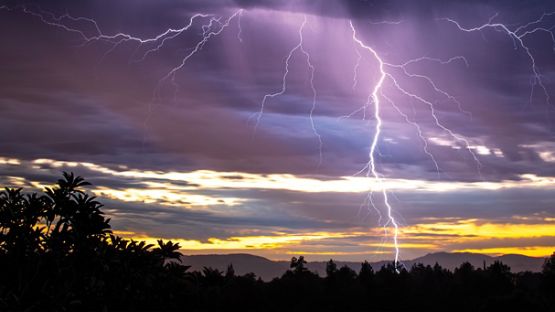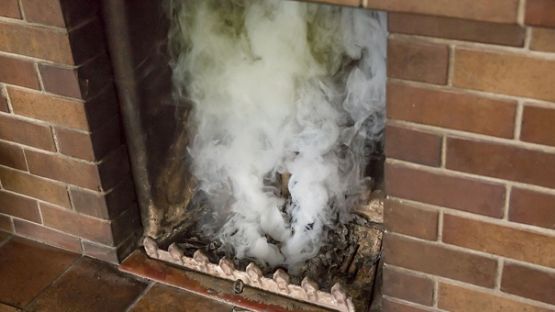From the moment Sir Humphrey Gilbert declared Newfoundland an English colony in 1583, the first Atlantic Canadian settlers grew to know the devastation of hurricanes slamming the coastlines in the North Atlantic1. Boat owners over the centuries have learned those lessons well. Boat owners experienced them during the disastrous Nova Scotia hurricane of 1873, which destroyed over 1,200 boats2. More recently, in preparation for 2022’s Hurricane Fiona, boat owners recalled the devastation of 2019’s Hurricane Dorian which completely destroyed the Shediac Bay Yacht Club and 72 boats with it…in one marina alone3.
With hurricanes becoming more intense, it’s as important as ever for boat owners in Atlantic Canada to remain vigilant. Here are few tips from industry experts4 that can help you prepare for a hurricane.
Be informed during hurricane season
- Keep an eye on every named storm that forms in the southern tropics and pay greater attention if it’s upgraded to a hurricane.
- Be aware of where the hurricane is projected to make landfall and be prepared for unexpected changes in tropical storm trajectory.
- Have a reliable weather radio and keep it tuned to nearby weather stations for emergency updates about the storm.
Stay prepared
- Keep a handy emergency kit with a first aid kit, flashlights, batteries, and your medications on your boat.
- Ensure your important documentation like your boat’s registration, insurance policy, and marina personnel contact information in a waterproof container.
Clear the deck
- Remove your valuables from your boat, whether they be of financial or sentimental worth.
- Unfurl and remove the boat sails, unfasten cushions and awnings, and detach all removeable equipment.
- Secure hatches, doorways, and windows on your boat to prevent water damage.
Docking or mooring your boat
A hurricane making landfall can be best described as an unstoppable force hitting an immovable object…and your boat can be caught in the middle of the surge. You’ll have to decide if your boat is safer on land or at the marina, given the storm conditions at hand.
If you secure your boat ashore
- Dock your boat ashore with sturdy support and secure strapping.
- Secure the boat to a strong anchor on land like a sturdy tree or man-made structure.
- Fasten supplemental anchors and sands screws.
If you secure your boat in a marina
- Tether your boat with taut ropes to keep your boat secured.
- Use stronger and more reliable marine-grade lines.
- Dock your boat at an angle that considers likely wind direction of the storm.
- Inspect every rope and line to ensure that they are in perfect condition.
Stay safe
Every season is bringing more intense storms, and you can never truly rely on past storm experiences to be prepared for the hurricanes to come. It’s important to be prepared for the unimaginable. Stay ahead of the weather, act before it becomes necessary, and follow the instructions of local authorities.
1 St. John's | The Canadian Encyclopedia
2 The Great Nova Scotia Hurricane of 1873 (arcgis.com)
3 Shediac, N.B. boat owners prepare for hurricane Fiona - New Brunswick | Globalnews.ca
4 Feel the Wind of Danger: Hurricane Preparedness for Boat Owners - BoatingWorld













